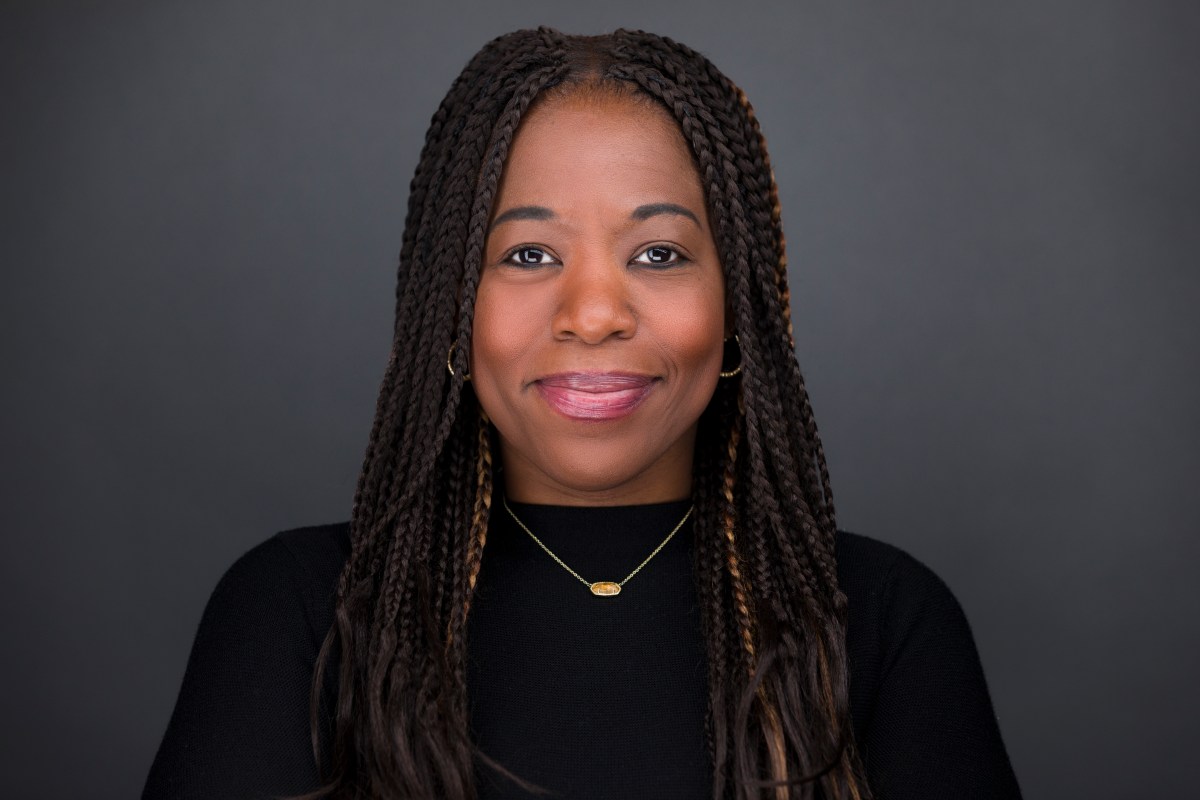Mical Jeanlys-White built WealthMore out of frustration.
She spent years on Wall Street, building products at American Express and serving as a managing director at JPMorgan Chase. She realized the finance industry still had a long way to go when it came to helping consumers build and understand wealth.
“Seventy percent of Americans do not have access to a wealth adviser due to high account minimums and high fees, yet those with a wealth adviser grow 2x more wealth,” she told TechCrunch. “When I tried to find a wealth adviser, I came across the same frustrating, broken experience.”
Her response was to launch WealthMore, an investment platform that requires only a $5,000 minimum to connect customers with adviser-led portfolios, licensed wealth advisers, and financial planning services.
The idea came to her while she was riding her Peloton, naturally.
“I like to say that WealthMore is Peloton meets wealth management,” she said. “Our goal is to normalize that for the 99%. When more people do better financially, the social and multiplier impact is significant.”
After two years of building the company, the company quietly launched its beta in June and is officially announcing it today, right here, in TechCrunch.
Building this product has been a deeply personal journey for Jeanlys-White. Her grandmother immigrated to the U.S. from Haiti and was the family’s unofficial money coach. She, like many immigrants, was part of a savings club, which helped her hit goals and put a down payment on a home. She enjoyed talking about money and being around people with similar interests.
“But her money languished in low-interest paying savings accounts and CDs,” Jeanlys-White continued. “She never made a banker’s call list. With the benefit of a wealth adviser, she could have been a millionaire and created generational wealth.”
The racial wealth gap is wide. Federal data shows that though the median Black wealth increased from $27,970 to $44,890 between 2019 and 2022, the numbers are still behind other racial groups. Hispanic households have a median wealth of $62,000, white households’ wealth stands at $295,000 and Asian American households have a median wealth of $536,000. The 2021 U.S. Census found that white households hold 80% of the wealth in this country compared to the 4.7% owned by Black families. That racial wealth gap has been hard to close, with some experts believing it could take another hundred years to even come close.
Jeanlys-White notes that women can lose out on up to at least $1.2 million due to the gender pay gap, and only 49% of Black women have a 401K compared to 62% of overall adults. “The wage gap is a key contributor to the retirement savings and wealth gap,” she said.

Surveying potential users and building the brand
Before Jeanlys-White started building the platform, she surveyed over 300 potential users to see what they would be willing to pay for. That helped her determine the company’s pricing levels — there are three tiers, starting at $25 a month for a $5,000 minimum account size — and the design of the website. It has partnered with Apex Clearing Corporation to provide brokerage services.
To help build the brand, the company released lifestyle products, such as clothing, and hosted wealth-building conversations at hair salons, doctor’s offices, and conferences. “People were willing to be honest and vulnerable with us.” In addition, Jeanlys-White made sure to have diverse wealth advisers on the platform, saying that wealth builders often do not see themselves represented in the industry.
On the app, the company has created communities such as #firstgenwealth and #newinvestors for people to join and host activities and events. “We created communities, like #blkwomenhealth, to address these unique factors and empower our community to leverage investing and sound financial planning to get ahead,” Jeanlys-White told TechCrunch. (She said users can find her in #firstgenwealth, #blkwomenwealth, and #womenwhowealth).
Despite a difficult funding environment for fintechs, Jeanlys-White started fundraising for her company in October 2023 and closed an oversubscribed pre-seed round of at least $1 million led by Emmeline Ventures in April 2024. Other investors include a16z TxO, the BFM Fund, and First Row Partners.
She recalled early investors raised concerns about previous fintechs who struggled in this space, but she continued to hone the company’s story.
“Once investors could ‘see’ the product, our fundraising traction changed dramatically,” she said.
Currently, there are 10 people on the team. The first hire was the head of engineering, as Jeanlys-White was not a technical founder and needed someone to help get the product into the hands of users, she said.
She hopes the company can come out of beta mode around the end of the year, in time to help people with their financial New Year’s resolutions. For now, Jeanlys-White is just excited to see people start engaging with the platform and thinks back to her grandmother’s experience.
“She would have loved WealthMore,” she said, noting she especially would have loved the communities. “Our wealth advisers would have helped her overcome her fear of the stock market and that would have been a huge win. She’s smiling down on WealthMore.”
Disclaimer
We strive to uphold the highest ethical standards in all of our reporting and coverage. We StartupNews.fyi want to be transparent with our readers about any potential conflicts of interest that may arise in our work. It’s possible that some of the investors we feature may have connections to other businesses, including competitors or companies we write about. However, we want to assure our readers that this will not have any impact on the integrity or impartiality of our reporting. We are committed to delivering accurate, unbiased news and information to our audience, and we will continue to uphold our ethics and principles in all of our work. Thank you for your trust and support.



![[CITYPNG.COM]White Google Play PlayStore Logo – 1500×1500](https://startupnews.fyi/wp-content/uploads/2025/08/CITYPNG.COMWhite-Google-Play-PlayStore-Logo-1500x1500-1-630x630.png)